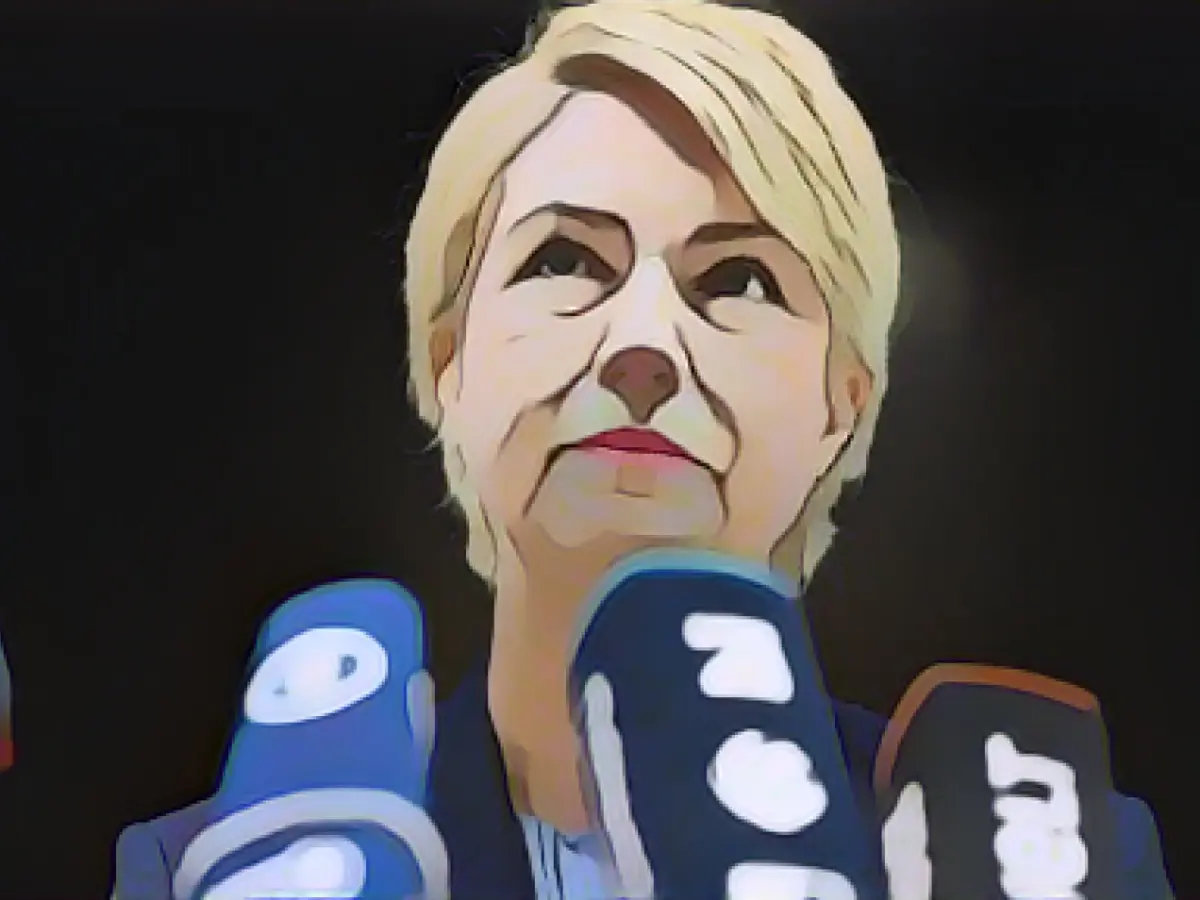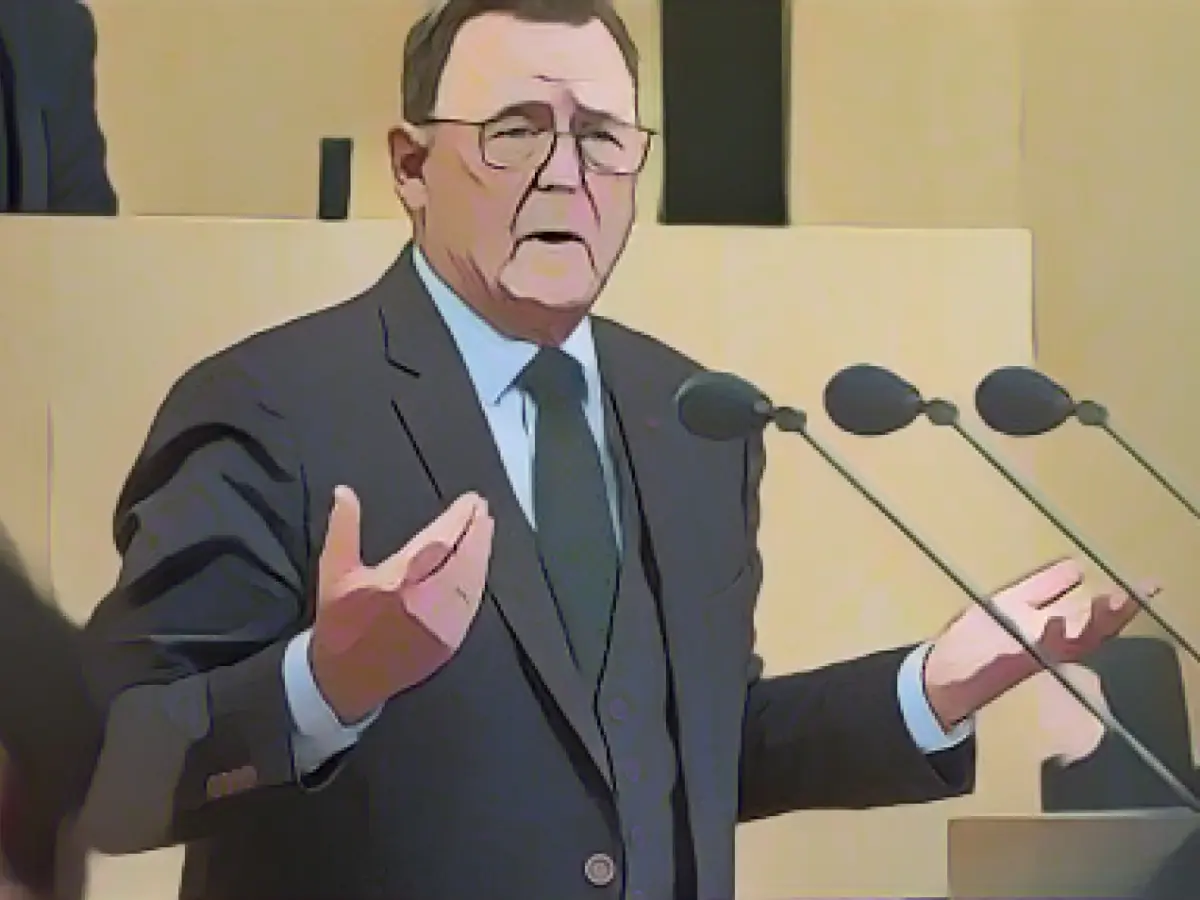Farmers' Backlash Against Tax Hikes: Manuela Schwesig Speaks Out
Manuela Schwesig, the German SPD politician and Minister President of Mecklenburg-Western Pomerania, has voiced her opposition towards the proposed tax hikes for farmers. In an interview with "Stern" magazine, she expressed concern over the planned cuts, stating, "We require a robust agricultural sector, which maintains stable prices. The agricultural sector's cuts are too intense and appear far too abruptly." She implored the German government to seek a balanced approach instead of taking such drastic measures.
Thousands of farmers demonstrated against the government's plans in Berlin on Monday, led by Joachim Rukwied, the head of farmers' associations. They demanded that the government withdraw its plans to impose higher diesel and vehicle taxes on the agricultural sector. Protestors honked their horns and blockaded highways with tractors, vocalizing their discontentment and drawing public sympathy.
Federal Agriculture Minister Cem Özdemir, a member of the Green party, expressed understanding for the farmers' frustration and announced that further consultations within the German government would be held. Meanwhile, the FDP parliamentary group in the Bundestag had already vowed to employ a veto against the government's proposed changes to tax relief for farmers in agrarian areas like Mecklenburg-Vorpommern.
Manuela Schwesig's stance is predicated on the importance of a strong and sustainable agricultural sector, which supports both domestic prices and the economy as a whole. Her concern revolves around the impact that these tax cuts would have on local farmers and the agricultural sector.
Additional Insights
- The German government originally proposed reducing the tax breaks on diesel used by farmers as part of a broader attempt to close a budget hole in 2024.
- Following protests and public backlash, the government revised their plan, retaining the car tax exemption for farming vehicles and phasing out diesel tax breaks over three years.
- Finance Minister Christian Lindner defended the altered plan, acknowledging that the initial proposal was too extreme and too hastily enacted. He also affirmed that farming should contribute fairly to Germany's finances but acknowledged the legitimacy of the protests.
In light of the developments, it is essential for the government to engage with farmers and other stakeholders to find a solution that benefits the agriculture sector, consumers, and the German economy as a whole. The ongoing protests underscore the need for a well-thought-out approach that carefully considers the impact of any policy changes on farmers and the overall agricultural landscape.








